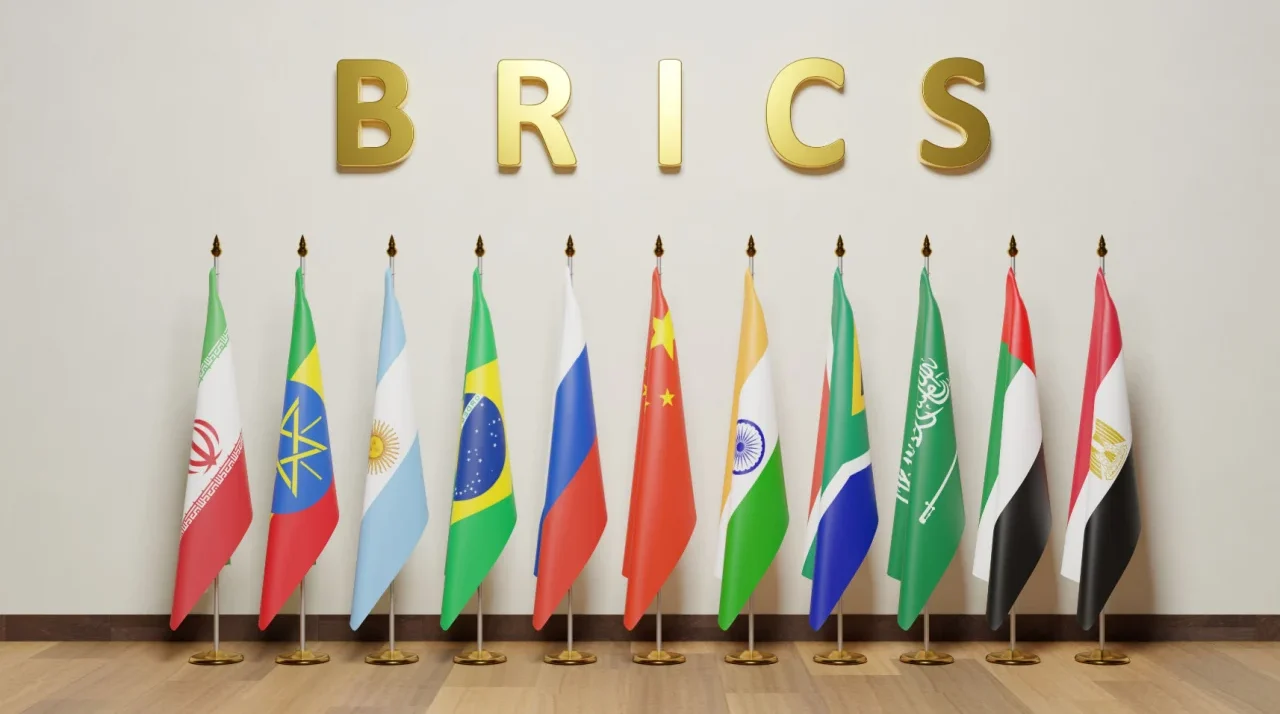In a sharp escalation of geopolitical tensions, U.S. Senator Lindsey Graham has issued a direct warning to countries continuing to import discounted Russian oil, stating that they could face severe economic repercussions in the form of 100% tariffs. Targeting India, China, and Brazil—three of the largest buyers of Russian crude oil—Graham warned that their continued trade with Moscow is prolonging the Ukraine conflict and, as a result, risks “crushing” their economies.
Speaking during a televised interview on Fox News, Senator Graham declared, “If you keep buying cheap Russian oil to allow this war to continue, we’re going to tariff the hell out of you.” The comments reflect growing bipartisan consensus in Washington on using secondary sanctions to punish nations perceived to be indirectly financing Russian military operations.
Graham’s statement is backed by the proposed Sanctioning Russia Act of 2025 (S.1241), a bipartisan Senate bill he co-authored with Democrat Richard Blumenthal. The legislation seeks to impose up to 500% tariffs on various imports—including oil, natural gas, and uranium—from countries continuing commercial ties with Russia. With over 80 Senate cosponsors, the bill signals serious legislative momentum behind punitive economic measures.
Global Implications and BRICS Under Fire
The move particularly alarms the BRICS nations—Brazil, Russia, India, China, and South Africa—three of which are directly mentioned by Graham. India, China, and Brazil collectively account for nearly 80% of discounted Russian crude purchases, with India alone increasing its Russian oil imports over the past year to address domestic energy needs and reduce costs.
The threatened tariffs could have significant consequences. For India and Brazil, whose economies heavily rely on imported energy, the sudden imposition of 100% tariffs could upend trade balances, drive domestic inflation, and force a rapid restructuring of energy supply chains. For China, the move would add yet another dimension to already strained trade relations with the U.S.
Global Energy Market on Edge
Analysts warn that the proposed tariffs may serve more as strategic leverage than as imminent policy. However, the geopolitical message is clear: the U.S. is willing to weaponize trade to achieve its foreign policy objectives.
Former President Donald Trump, now a frontrunner for the Republican nomination, has echoed the sentiment. He warned that unless Russia agrees to a peace settlement within 50 days, he would support 100% tariffs on countries aiding its economy through oil trade. This alignment between legislative and executive voices intensifies global anxiety over potential energy price shocks.
International Backing and Reactions
While the proposed U.S. measures have attracted criticism from the BRICS bloc, they are finding support among America’s Western allies. NATO Secretary-General Mark Rutte recently noted that secondary sanctions could severely impact nations like China, India, and Brazil, urging them to reconsider their oil alliances.
Meanwhile, the European Union has enacted its own oil price cap, designed to reduce Russia’s earnings from fossil fuels. However, experts believe that while these caps have slowed down Moscow’s income, they fall short of crippling the Kremlin’s war finances.
India has yet to issue an official statement, but diplomatic insiders suggest the government is closely monitoring the developments. Indian officials argue that their oil trade with Russia is a sovereign economic decision, especially amid global inflation and energy volatility.
Economic Tool or Diplomatic Gamble?
While tariffs are a powerful tool of economic statecraft, their implementation in this context may provoke severe backlash and push targeted countries closer to forming alternative trade and financial alliances. Some analysts fear that such unilateral economic punishments could weaken the existing global trade order and accelerate the fragmentation of international markets.
As tensions continue to rise, the balance between applying pressure on Russia and maintaining global economic stability grows increasingly fragile.







